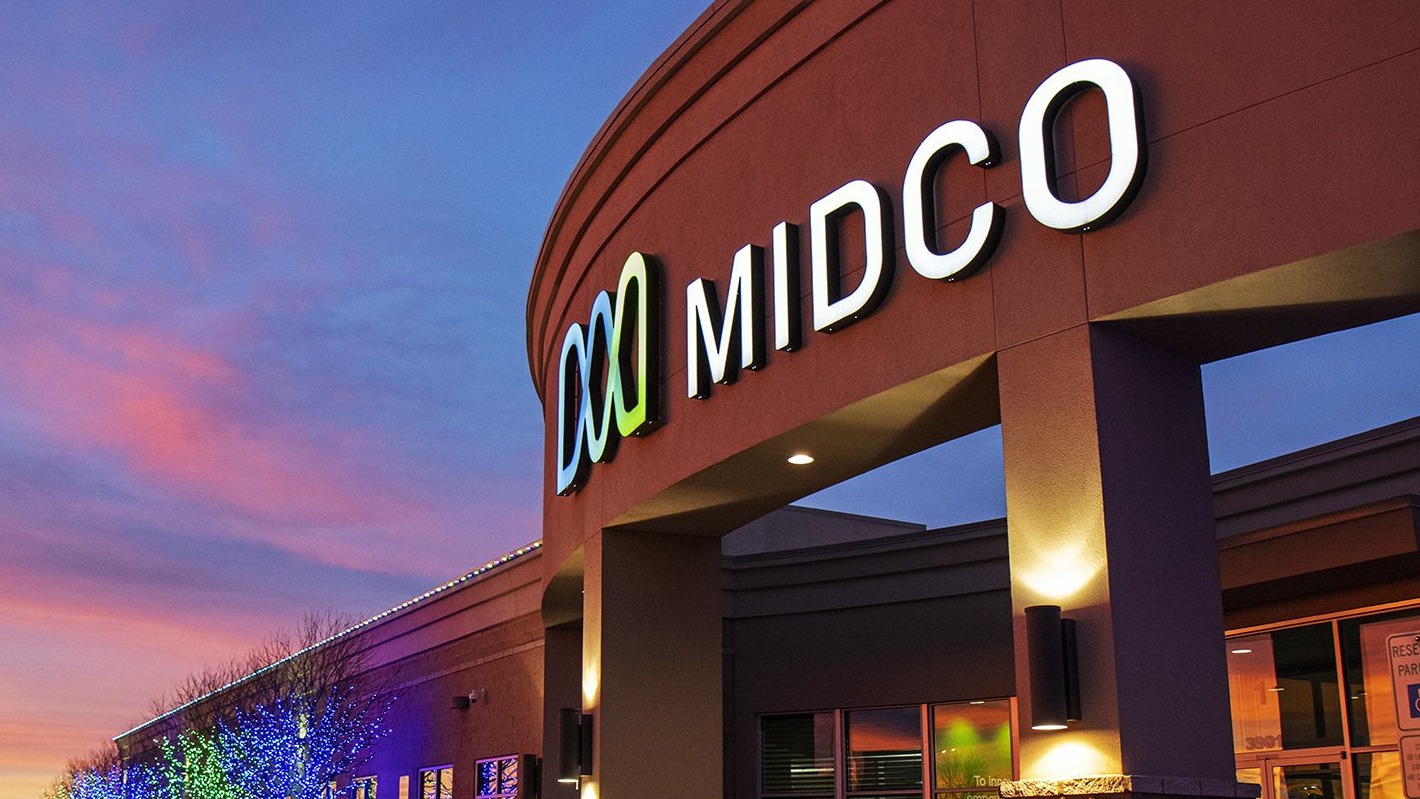
Why More Smaller ISPs Are Choosing to Own Middle Mile
As the demand for high-speed internet continues to grow, more rural broadband providers are making a pivotal decision that could reshape the landscape of internet access. According to a recent survey from the Fiber Broadband Association (FBA), approximately 70% of surveyed Internet Service Providers (ISPs) are now opting to own their middle mile infrastructure. This strategic move not only improves their operational capabilities but also strengthens their roles within local communities, ensuring reliable access to essential services like schools, hospitals, and libraries.
The Economic Benefits of Owning Middle Mile Infrastructure
The FBA's report emphasizes the financial advantages of owning middle mile infrastructure, particularly for rural ISPs who face higher backhaul costs due to geographical challenges. By reducing reliance on leasing, which can strain budgets, these companies can create a more sustainable business model. However, the initial costs of infrastructure deployment are significant, prompting FBA to encourage collaboration among ISPs. Forming cooperatives allows these providers to pool resources and share the financial burden while maximizing their investment in the future.
Community Impact: Bridging the Digital Divide
Owning the middle mile means more than just business advantages; it's about community engagement. When ISPs take charge of their infrastructure, it leads to better service delivery for anchor institutions, which are vital for community welfare. Access to high-capacity broadband not only supports educational institutions and healthcare facilities but also fosters public trust and enhances the overall quality of life in these areas. The commitment to connecting rural communities is a crucial step towards bridging the digital divide.
Innovative Models: The Rise of Open Access Networks
The report also highlights the growing trend of open-access networks, a model in which multiple service providers can lease capacity on the same physical infrastructure. This collaborative approach is touted for driving down costs, encouraging competition, and promoting innovation. It allows multiple ISPs to coexist in the same market, thus enhancing choices for consumers. Examples such as UTOPIA Fiber and partnerships formed by major players like AT&T and T-Mobile exemplify the potential these networks have in transforming local internet landscapes.
Challenges Ahead: Understanding the Financial Barriers
Despite the positive outlook, ISPs still face significant financial barriers with deployment costs being a leading concern. Programs like the Commerce Department's $1 billion initiative aimed at supporting middle mile deployments are helpful, but many smaller ISPs express apprehension about upfront investments and the potential return on these investments. For homeowners and renters researching high-speed internet options, understanding these dynamics is key to making informed choices.
What Does This Mean For You?
As communities begin to reap the benefits of ISPs taking ownership of the middle mile, homeowners and renters can expect improved service delivery, competitive pricing, and ultimately, better connectivity solutions. With the shift towards localized control of broadband infrastructure, residents stand to gain more robust internet services tailored to their unique requirements. This historical pivot could redefine access to reliable high-speed internet for many families living in rural areas.
As you ponder your own internet options, consider engaging with local ISPs who may be stepping up to offer more reliable services through their middle mile strategies. Your voice matters, and taking an active role in advocating for better connectivity can help shape the future of broadband in your community.
 Add Row
Add Row  Add
Add 

 Add Row
Add Row 


 Add Element
Add Element 

Write A Comment